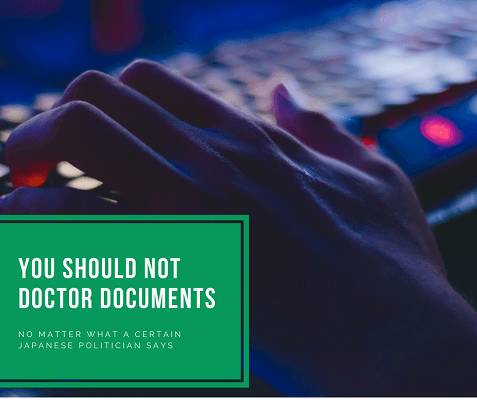
YouTube / iTunes / Spotify / Radio Public / Pocket Casts / Google Podcasts / Breaker / Overcast
Listen to ArtisanEnglish.jp posts & lesson intros here.
Word of the Day: Doctor
Today’s word is doctor.
I’m sure that brings to mind images of hospitals, patients and nurses.
It may also bring to mind situational English lessons.
Get ready for a new meaning.
When ESL students first begin to learn English as a second language, they start with simple words.
After building up some vocabulary and simple phrases, they move on to situational English.
Japanese eikaiwa are very good at teaching this situational English.
If you are Japanese and have studied with one of the big eikaiwa, I’m sure you’ve had a lesson titled Shopping or At the Airport.
How about Going through Customs?
Perhaps you’ve even had a lesson called Shopping 2.
Yeah, I know how you feel.
After a while, it gets boring to attend as a student and as a teacher.
That’s why I’m now self-employed.
Instead of teaching situational English all the time, we can get into the more nuanced meaning of words.
That brings me back to doctor, our word of the day.
This doctor is not associated with hospitals, though.
The definition of doctor that I will introduce to you is to use doctor as a verb.
As a verb, doctor means to change a document to lie or change the truth.
An idiom with a similar meaning is cook the books.
Documents have great legal importance.
In Japan, we have legal documents stating when we were born, where we live and our yearly income.
Changing or doctoring these documents in any way is a crime.
Special laws regulate Japanese government documents, stating they cannot be doctored.
Recently, however, we have learned that it is common practice to doctor government documents.
According to one former Japanese Prime Minister, documents are doctored all the time.
It’s nothing to worry about, he says.
Remember that Japanese politicians are well-known for saying things that should never be said.
Perhaps this is one of those situations where things are better left unsaid.
Flesch-Kincaid Readability Test
This post is understandable by someone with at least an 8th-grade education (age 13 – 14).
On the Flesch-Kincaid reading-ease test, this post scores 69.
The easier a passage is to read, the higher the score on a scale of 0 – 100.

